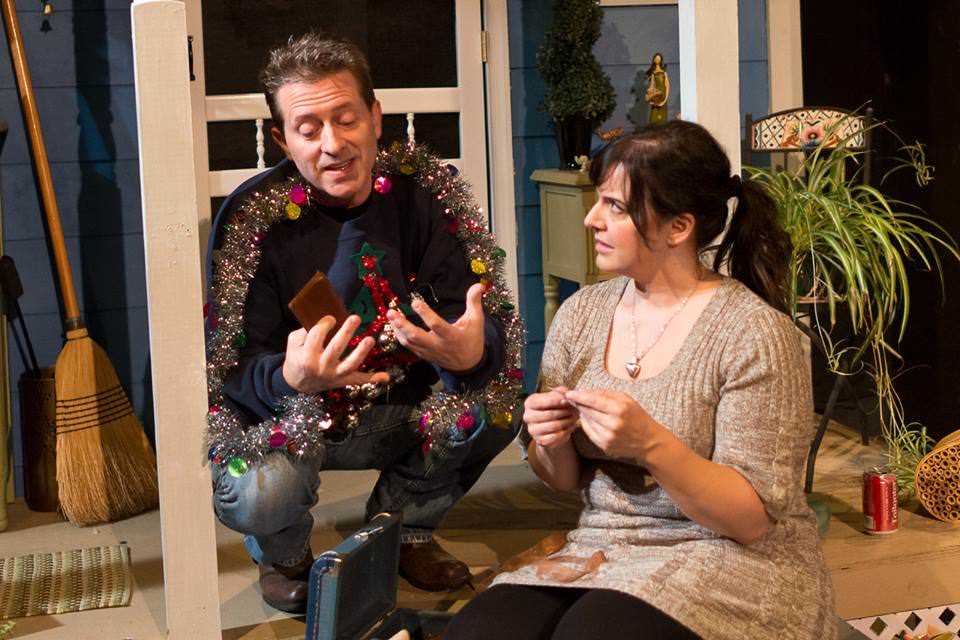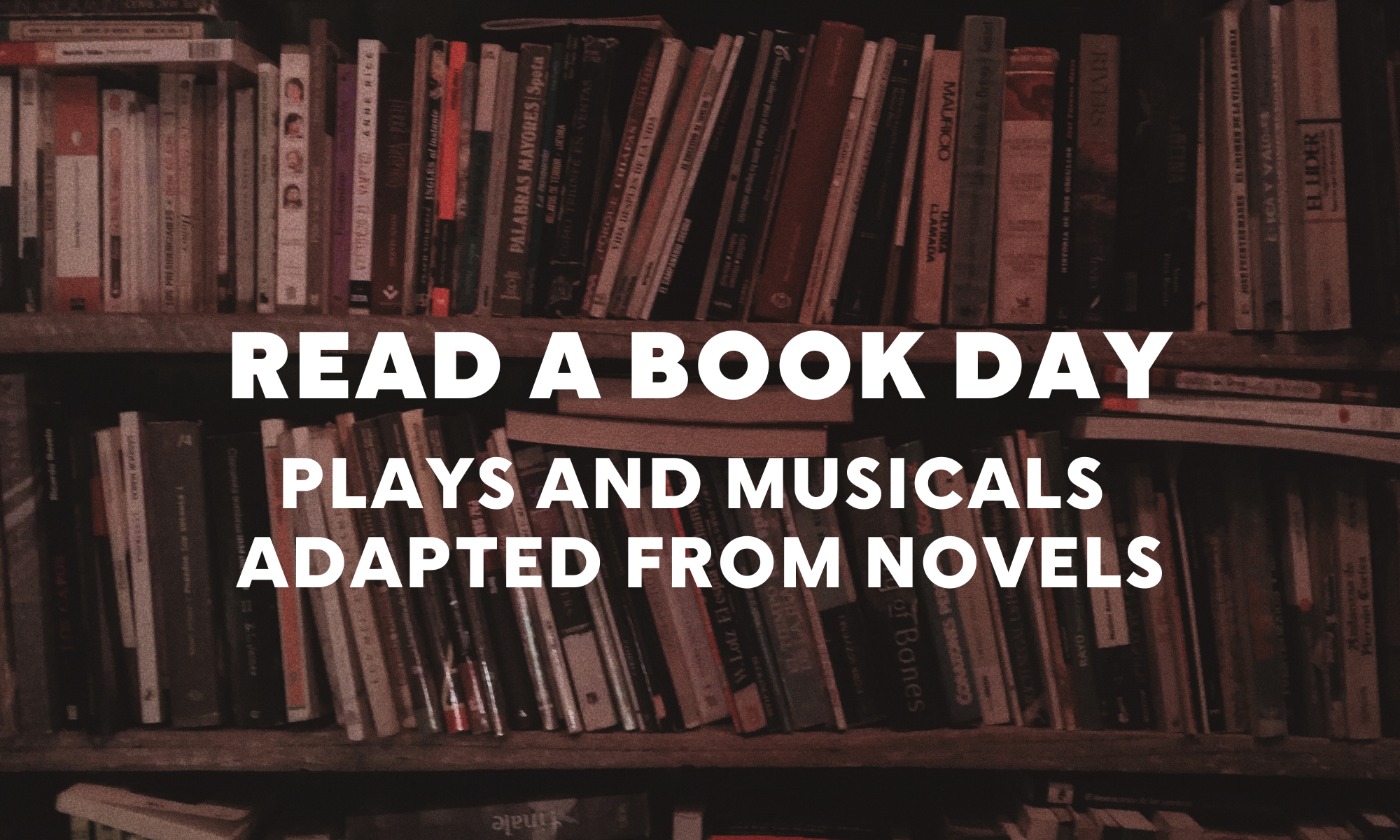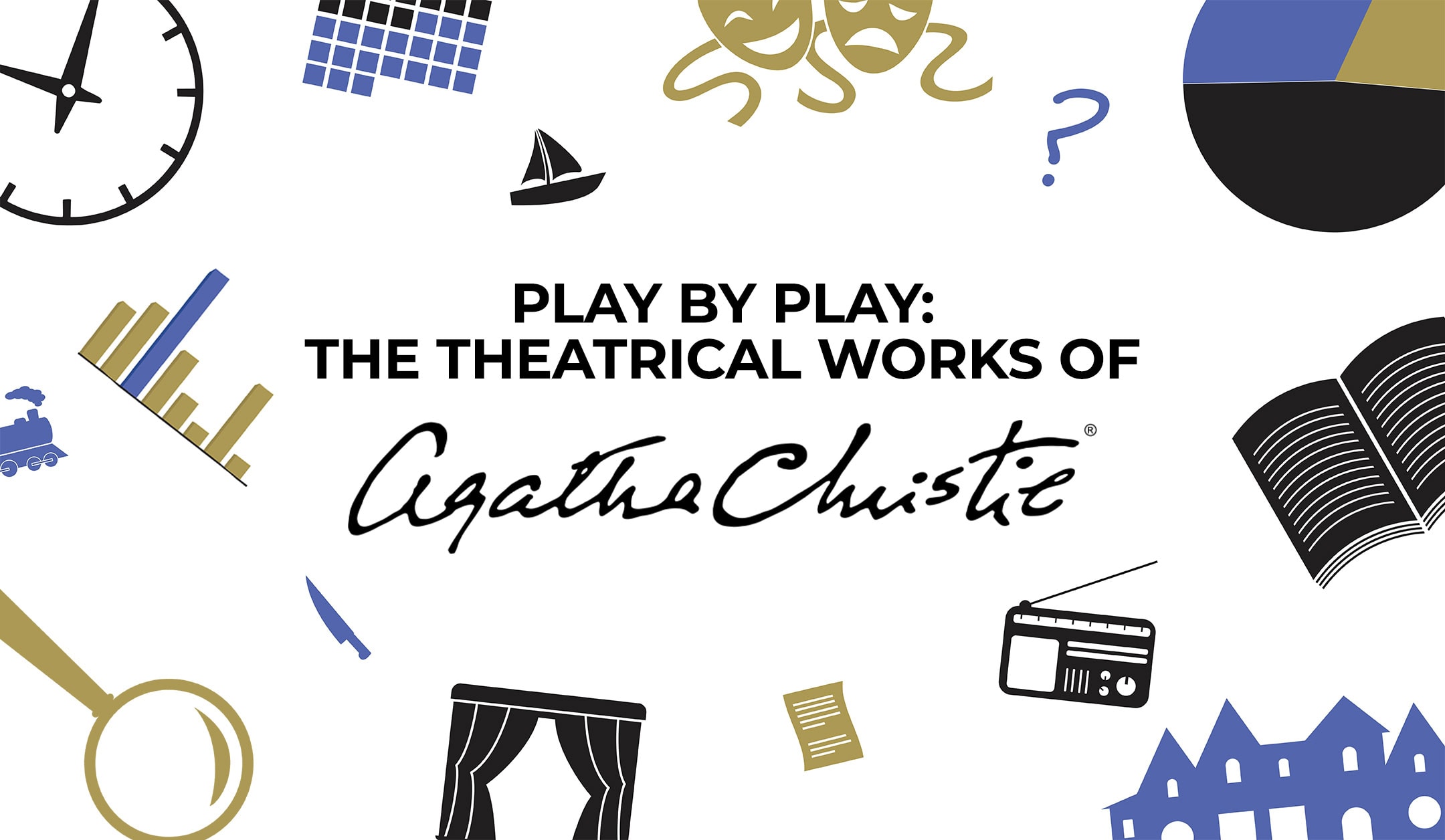
“Yeah, that part with all the words… that was my favorite part!”
– No theatre patron, ever
Most of us walk around spiritually starved and emotionally depleted. It’s no wonder we hold on to songs of love and heartache. They allow us to feel something. This is why silence in storytelling is so necessary. It compels us to contribute our own reality to the story, to fall in love, and to take the story home.
I hate the word pace. It’s an excuse to trample on the whole at the expense of the delicate. There’s a lot of malpractice in the theatre these days: the idea that if there’s “nothing” happening, then there’s nothing happening. OK then, let’s talk about nothing.
In virtually every playwriting class in America, you will find a chapter on subtext. Yet, there still exists a pervasive lie in theatre that noise is the only way to tell a story, that dialogue is the only dialogue, and that despite overwhelming evidence to the contrary, if a character isn’t speaking the audience will fall asleep. Directors often compound the issue further by defragmenting the script for consumption by so-called “short-attention span audiences.”
The biggest problem I see with this toxic combination is that our narratives have become compressed beyond all recognition. When this happens, the first thing that gets cut is the very heart of the play. If a surgeon was to go into the operating room to perform a routine appendectomy and accidently removed a kidney instead, there’s little question he would be considered guilty of malpractice. At the end of a bad evening of theatre, we may not always recognize when something has gone terribly wrong, but we are often left severely malnourished and wondering why on earth we bothered in the first place. Ignoring the silence and subtext—the beats—is like telling only half the story…and not the best half.
“Most writers don’t know that actors are never better than in the pauses or in the subtext. They give actors too many words. In a play, words are parentheses to the silences. They’re useful for the actors, but . . . they aren’t the whole story.”
– Yasmina Reza
How did the audience member become an afterthought? One cannot simply wish a play into containing atmosphere and resonance and vibration and tension. These qualities do not magically appear out of thin air; they are not delivered by drones to the rehearsal room. They are, instead, a profoundly useful byproduct of a language astutely constructed for the sole purpose of exploiting the void. In other words, if you want electricity in your play, you have to be ruthless with dialogue. And you must begin—and end—with the audience in mind.
I happen to be of the opinion that there are too many words on the page and stage. A theatre audience will habituate to the noise of extraneous dialogue, similar to factory workers adjusting to a constant hum; healthcare workers tuning out the sound of alarms and bells; or a parent who has no idea their “precious” children are annoying the hell out of other people. It’s not a comforting thought that all of the gorgeous dialogue so carefully laid to the page is little more than noise to the listener—there is only so much the nervous system can take.
Think back for a moment. Remember a moment in your life that was spare, perfect… beautiful. Now imagine if that moment was suddenly trampled by dialogue. There is a reason we quote poets and philosophers. It is because they have a way of distilling very big ideas into tiny little packages.
When you strip away the noise, magical things begin to happen. First, the actor is given the freedom of choice: he is no longer saddled with the liability of an exacting sentence. Secondly, the sentences begin to echo and resonate. In this example, notice how the removal of only a few words creates tension and texture, opening the actor up to countless opportunities for interpretation:
Before:
LIZZY. You gon’ see her again?
JACK. No.
LIZZY. She made a bad first impression.
JACK. No, no, no. Look, I can tell if a woman is nervous and when a woman is just talking. She was talking, she likes to talk.
LIZZY. Well maybe if you were so quiet, that’s why she was so chatty.
JACK. No, it’s not even that. But there’s gotta be some spark, ok? And it’s gotta be in all the right places. And if all you do is fill the air with words, and more words, there ain’t nothing left.
After:
LIZZY. You gon’ see her again?
JACK. No.
LIZZY. Why not?
JACK. I told you, she talks too much.
LIZZY. Maybe she was nervous.
JACK. I was nervous. I was quiet.
LIZZY. Well, maybe if you were so quiet, that’s why she was so nervous, ever think o’ that?
JACK. I was listening.
LIZZY. Well, don’t be so selfish.
We need look no further than the masters for examples of transcendent storytelling through silence and subtext. I recently asked playwrights to share some of their favorites and was reminded of these marvelous examples:
- “When Bessie spills her pills near the end of Marvin’s Room by Scott McPherson, this little everyday problem is overwhelming after what she has dealt with.” – Greg Waters
- “The pause just after Lucky’s speech in Samuel Beckett’s Waiting for Godot is when Estragon waits before saying, ‘I think he’s tired!’ It’s absolutely stunning.” – Don Webb
- “In Annie Baker’s Circle Mirror Transformation, there’s a pause between moments nine and ten. Also, ‘I don’t want my parents to die. (He considers this). That’s it.’” – Corbin Went
If you go into production and your script feels static and lifeless, chances are it has nothing to do with the acting. By all means, fill the page with words, but the real work begins in the removal process—and there is a removal process. The good news is you don’t have to be a genius to create magic.
Sample dialogue taken from Maytag Virgin by Audrey Cefaly. Reprinted with permission from HowlRound.
To purchase Audrey’s play Love is a Blue Tick Hound, please click here.

Plays and Musicals Adapted from Novels

Play by Play: The Theatrical Works of Agatha Christie

